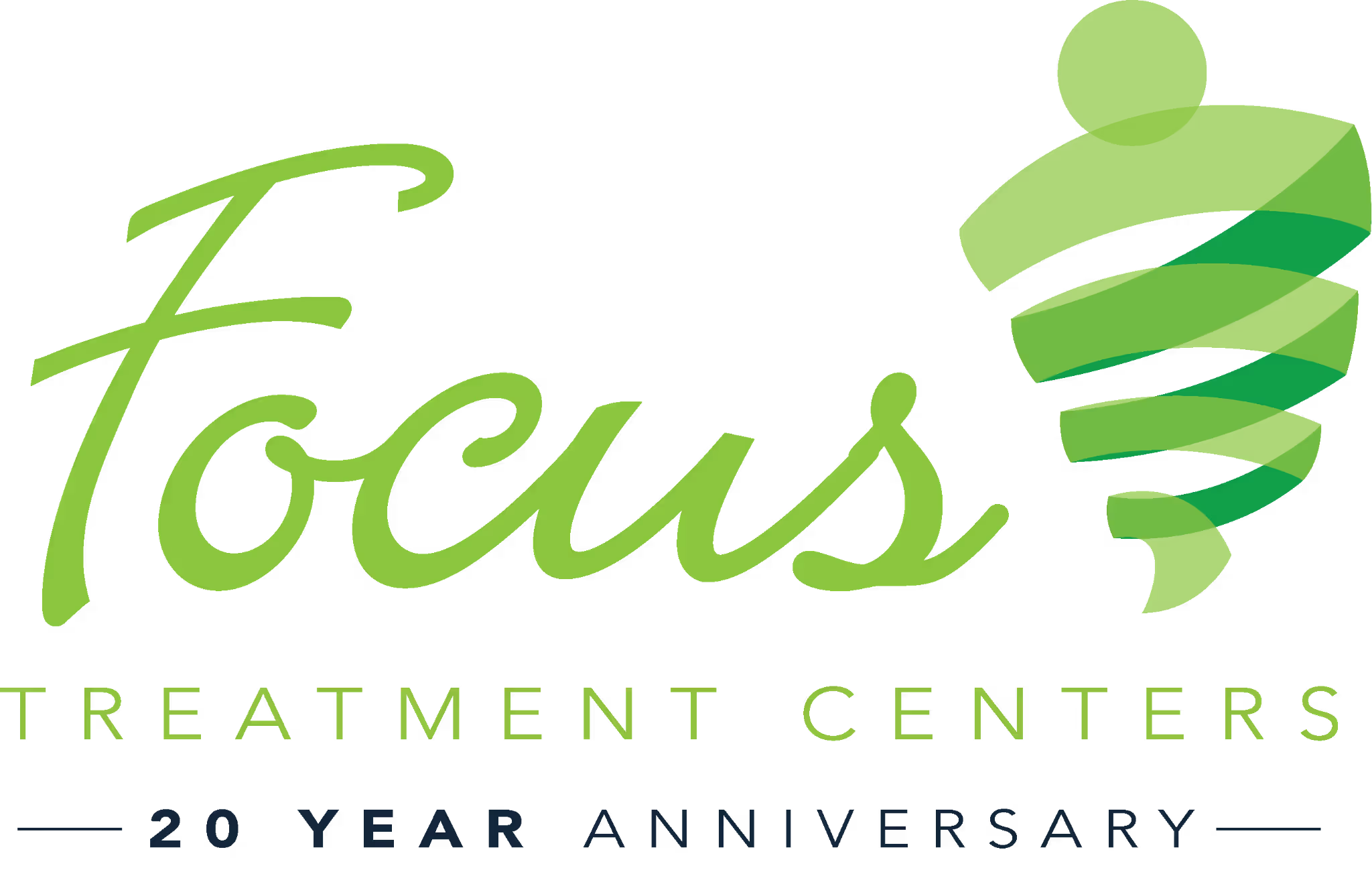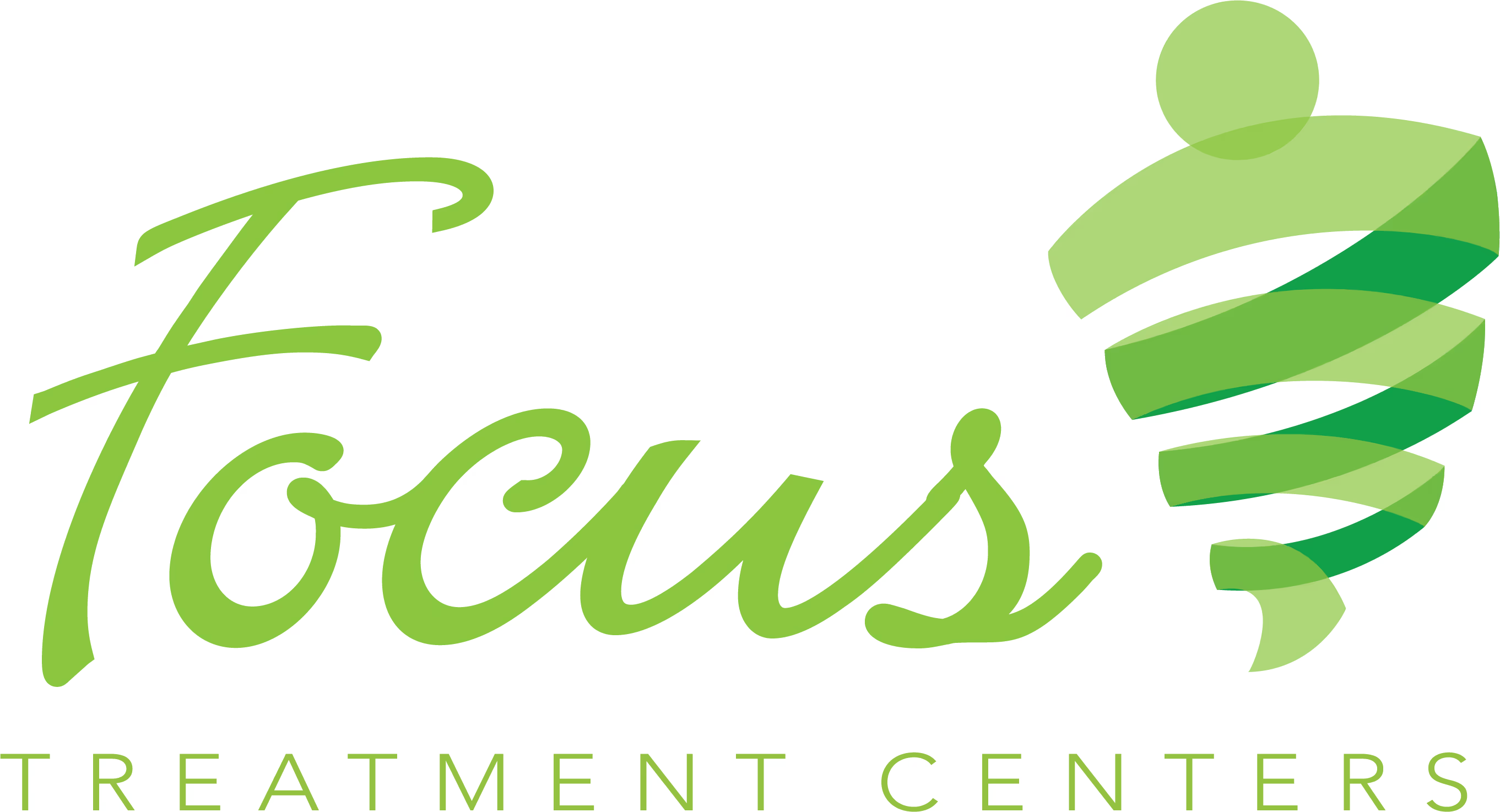Common Dual Diagnosis Myths
The term dual diagnosis is used when an individual suffers from both a substance use disorder and a mental health condition. At Focus Treatment Centers, this often refers to a co-occurring substance use disorder and an eating disorder (ED)—the type of dual diagnosis we are licensed and equipped to treat.
Even though dual diagnosis has been a commonly used phrase for quite some time, it is still often misunderstood. Let’s take a look at some common myths people believe about dual diagnoses and the necessary treatment. Some of the typical myths some people believe to be true regarding dual diagnoses and the treatment needed for recovery.
Dual Diagnosis: Myths vs. Facts
Myth #1: Drug and Alcohol Abuse Occurs First
Fact: This is not true for everyone.
Some people will develop conditions such as eating disorders, anxiety, or depression after they begin abusing drugs and alcohol. However, others will gravitate toward substance use as a way to cope and self-medicate their symptoms.
At Focus, we often see individuals using substances to manage symptoms of an eating disorder, or vice versa.
Myth #2: It’s Uncommon to Have a Co-Occurring Disorder
Fact: As many as half or more of all people in need of addiction treatment also have a mental health condition.
According to SAMHSA, around 21.5 million adults in America have a dual diagnosis. Substance use disorders are much more common in those who also struggle with co-occurring mental health challenges, including eating disorders.
Myth #3: Dual Diagnosis Treatment Should Address the Drug and Alcohol Use First
Fact: It’s vitally important to treat both aspects of co-occurring disorders simultaneously.
As recently as the late 1990s and early 2000s, it was common practice to treat addiction and mental health conditions separately. For example, hospitals would commonly offer detox, then admit patients for behavioral therapy and medication management, and then send them to rehab.
While on the surface, this method of treatment may make sense to some, it’s much more effective to treat both conditions at the same time—especially when one of those conditions is an eating disorder. Otherwise, relapses are much more common.
Myth #4: It’s Harder to Recover From a Dual Diagnosis
Fact: Although co-occurring disorders have their challenges, recovery is possible with the right treatment.
It can take time to recover from substance use and an eating disorder or another psychological condition. However, that doesn’t make healing impossible. If anything, it makes it even more important to have a solid plan in place and commit to it.
People with dual diagnoses often need some, if not all, of the following:
- Drug and alcohol detox
- Inpatient rehab (long- or short-term)
- Intensive outpatient treatment programs
- 12-Step programs
A solid aftercare plan coupled with a strong support system is the best way to recover—and recovery is possible.
Myth #5: Detoxing is Enough
Fact: Going through alcohol and drug detox is just the beginning.
Unfortunately, many people fail to understand how vitally important it is to move beyond the detoxification process during recovery. They falsely assume that as long as they can manage their withdrawal symptoms, they can be successful. That simply is not the case.
Withdrawal can be both physical and mental, and symptoms may persist in some people for years. Also, many people with co-occurring disorders use substances to self-medicate their mental health symptoms—including those related to eating disorders. This means that ignoring those symptoms is highly likely to lead to relapse.
Focus Treatment Centers Offers Dual Diagnosis Treatment
At Focus Treatment Centers, we have worked with countless individuals just like you. We specialize in treating individuals with co-occurring substance use and eating disorders, and we are licensed to treat these conditions simultaneously.
If you suspect you have a dual diagnosis and need help, we’re here for you.
You are not alone, and recovery is possible.
Contact us today or call (423) 308-2560 to learn about your treatment options.














